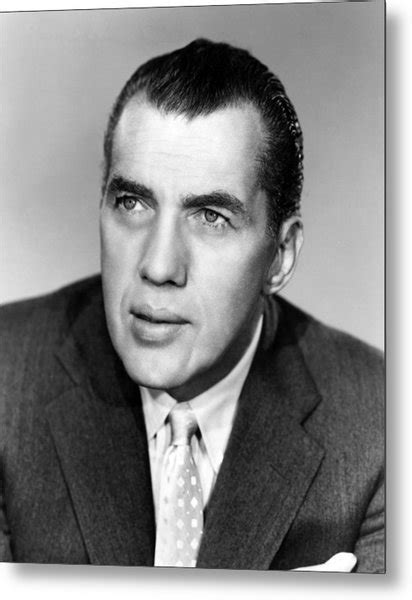A Quote by Anthony Levandowski
If you ask people whether a computer can be smarter than a human, 99.9 percent will say that's science fiction. Actually, it's inevitable. It's guaranteed to happen.
Related Quotes
I think the least important thing about science fiction for me is its predictive capacity. Its record for being accurately predictive is really, really poor! If you look at the whole history of science fiction, what people have said is going to happen, what writers have said is going to happen, and what actually happened - it's terrible.
I define science fiction as the art of the possible. Fantasy is the art of the impossible. Science fiction, again, is the history of ideas, and they're always ideas that work themselves out and become real and happen in the world. And fantasy comes along and says, 'We're going to break all the laws of physics.' ... Most people don't realize it, but the series of films which have made more money than any other series of films in the history of the universe is the James Bond series. They're all science fiction, too - romantic, adventurous, frivolous, fantastic science fiction!
We thought it was only in science fiction that things created by humans could actually take over what is inherently our human heritage. But Thom Hartmann shows how we've already let that happen on a frightening scale - not in Frankenstein's monsters or Kubrick's creeping computer Hal - but in the corporations that present their friendly 'faces' to us as if we have nothing to fear from this ultimate usurpation of our rights as real humans.

































